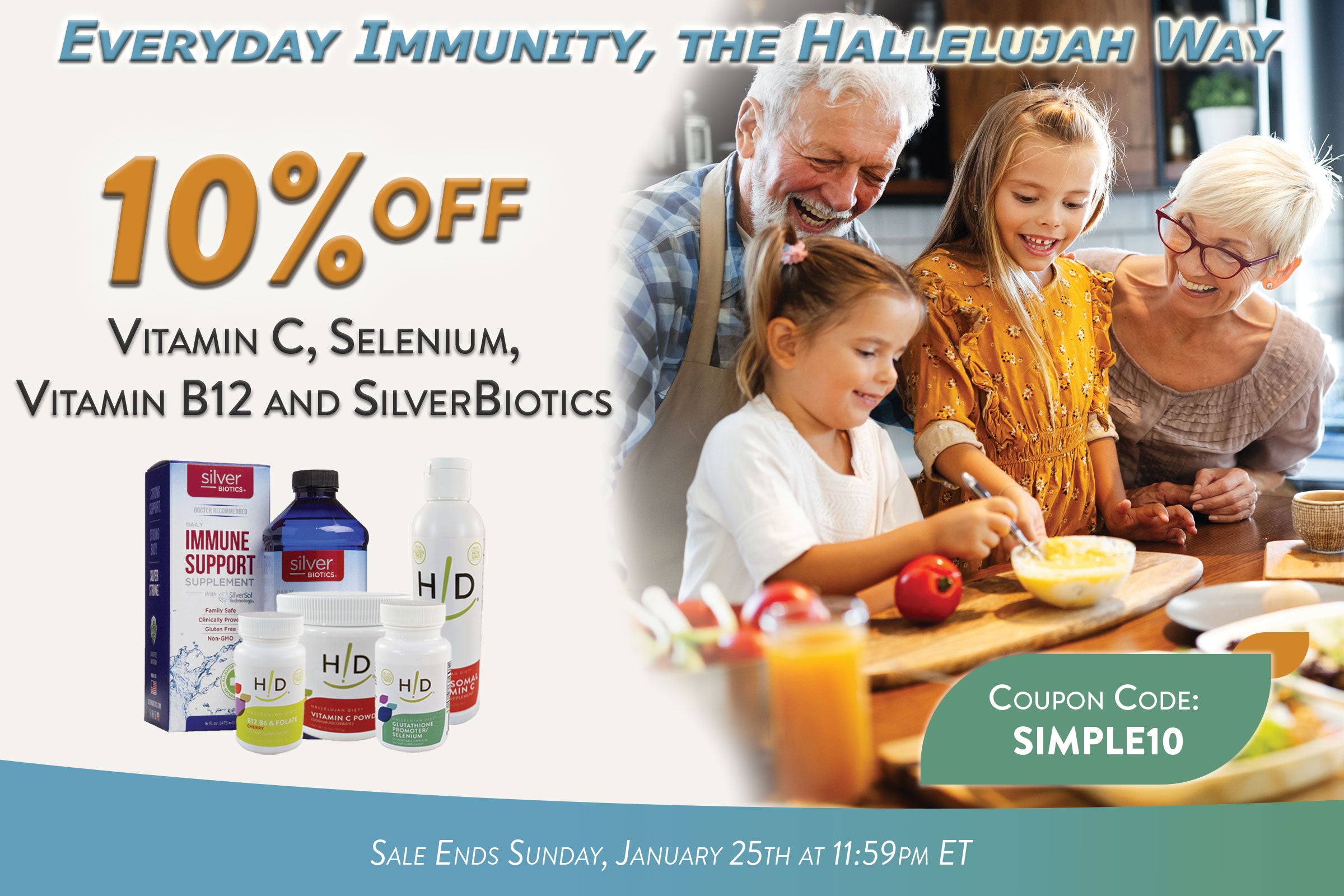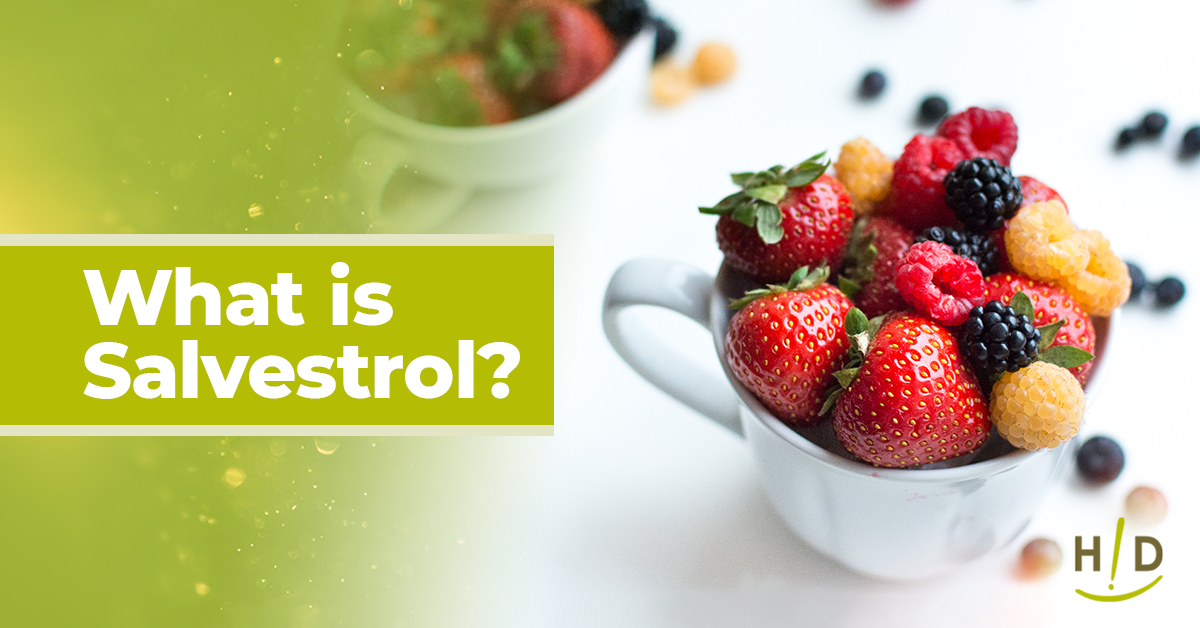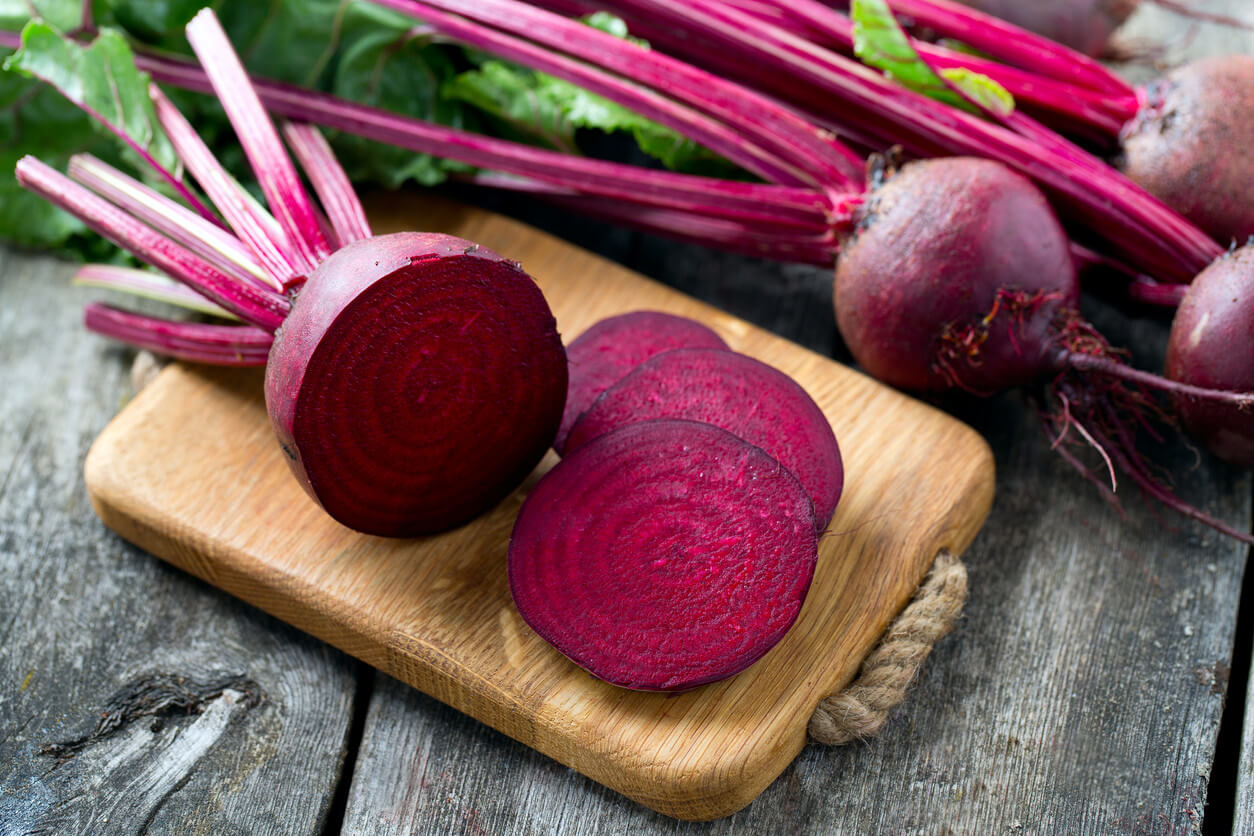When it comes to maintaining a well-balanced, healthy diet, it can be a lot to keep track of when you are just starting. Luckily for all of us, when it comes to keeping every part of your body healthy, almost every nutrient you need can be found in the fantastic raw food diet. For those of you new to the concept of a raw diet, it is a whole food plant-based diet consisting or primarly raw foods. The diet should emphasize non-GMO and organic foods as much as possible. A small percentage (10 to 20%) may be consumed cooked to help maintain ample caloric intake without resorting to an excess of fruits.
Additionally, raw foods shouldn't be heated over 104-118 degrees F (or 40-48 degrees C) to help preserve the heat-sensitive nutrients naturally found in these raw foods. Raw foods are versatile and can be enjoyed in various ways such as blending, juicing, sprouting and dehydrating to enhance flavor and texture. What makes our diet so spectacular is that it brings us back to food—real food The way God intended for the human body to be nourished. (Genesis 1:29)
There are specific raw foods that support eyesight and improve vision. If you would love to learn about which raw foods are excellent for vision, let's dive in!
Eye Conditions that Could be Avoided:
A few severe eye conditions may be reduced or entirely avoided with the proper range of vitamins, nutrients, and minerals known as antioxidants from raw foods. A healthy diet of natural foods may help prevent:- Cataracts
- Age-related macular degeneration
- Glaucoma
- Dry eyes
- Poor Night vision
Lutein Rich Greens
What is Lutien?
- Lutein is an antioxidant that belongs to the carotenoid group. It's found in high amounts within leafy greens or orange-yellow vegetables, as well as dietary supplements.
- Lutein is essential for maintaining eye health and reducing the risk of macular degeneration and cataracts. Research also shows Lutein may have protective effects on our skin and our cardiovascular system.
- Most Americans do not consume enough lutein in their diets.
Which raw foods are rich in lutein?
- Broccoli
- Brussels Sprouts
- Collard Greens
- Corn
- Kale
- Nectarines
- Oranges
- Papayas
- Romaine Lettuce
- Spinach
- Squash
Omega-3 Fatty Acids
What are Omega-3s?
Omega-3 is short for omega-3 fatty acid and is a kind of fat found in some foods. They're also available as dietary supplements since they are not abundant in our diet. These are essential fats in that we must get them from our diet because the body cannot make them. While fish is one source for Omega-3 fatty acids, there are some excellent plant sources too, such as:- Flaxseed and flaxseed oil
- Walnuts
- Chia seeds
- Brussels Sprouts
- Algal Oil
- Hemp Seeds
- Perilla Oil
Sources Rich in Vitamin A
What is vitamin A?
Vitamin A is a fat-soluble vitamin that's naturally present in many of the foods we eat. Vitamin A plays a critical role in our vision, immune system, and reproduction. This vitamin also assists the heart, lungs, kidneys, and other organs in our body to work correctly. Have you ever been told to eat your carrots because they're good for your eyes? A carrot's primary nutrient, beta-carotene (which makes this vegetable it's signature bright orange color), is a precursor to vitamin A. Vitamin A assists us in seeing better in dim light, and while it won't allow you to have super-powder levels of night vision, or cure your dependence on glasses or contact lenses, eating an adequate amount of vitamin A does support your eye health.Excellent food sources of vitamin A are:
- Leafy greens
- Tomatoes
- Red Bell Peppers
- Cantaloupes
- Mangos
- Fish Oils
Fruits and Vegetables with Zinc
What is zinc?
Zinc is a nutrient found throughout our bodies that helps our immune system and metabolism function. It's also important to wound healing and our senses of taste and smell, but it is also an essential micronutrient that works with vitamin A. Many who are deficient in vitamin A will find themselves also deficient in zinc, which in turn can impair our immune systems, increase the risk of infections, and in the very young, zinc deficiency can cause stunted growth, hair loss, and even lesions. Zinc is required to help transport vitamin A throughout our bodies, and a deficiency in zinc limits the body's ability to move vitamin A, which is so beneficial to our eyesight.Zinc Rich Raw Foods:
- Chickpeas
- Lentils
- Beans
- Seeds
- Nuts
- Potatoes
Keep an 'Eye' on These
For optimal eye health at any age, look to these critical vitamins and nutrients:- Lutein
- Omega-3s
- Vitamin A
- Zinc
- Vitamin C – Getting enough vitamin C daily may lower the risk of developing cataracts when taken with other essential nutrients.
- Vitamin E – This vitamin protects cells in the eyes from unstable molecules called free radicals, which can break down healthy tissue.







